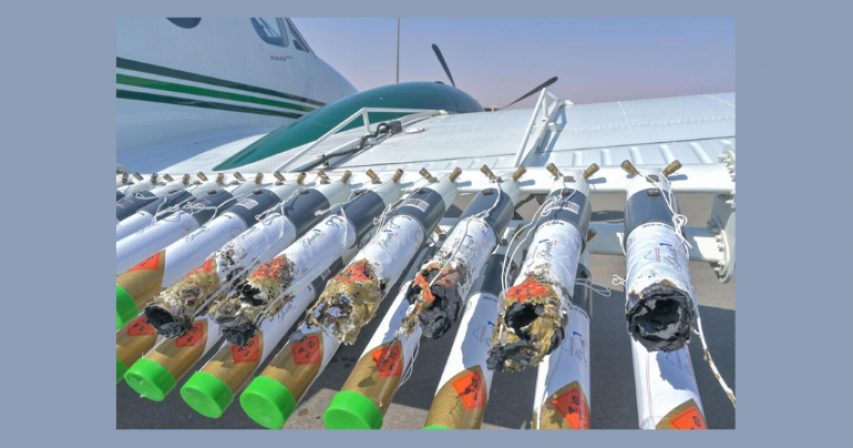Understanding the Unprecedented Rainfall in the UAE: NCM Denies Cloud-Seeding Rumours

The United Arab Emirates (UAE) recently witnessed record-breaking rainfall, prompting widespread speculation about the cause, including rumors of cloud-seeding operations. However, the National Centre of Meteorology (NCM) has refuted these claims, shedding light on the complex meteorological factors that contributed to the extraordinary weather event.
As torrential rains lashed the UAE on Tuesday, disrupting normal life across the country, the NCM clarified that no cloud-seeding missions were conducted during this period. Dr. Ahmed Habib of the NCM emphasized that during extreme weather conditions, such as severe storms, cloud-seeding operations are suspended due to safety concerns and practical limitations.
Contrary to popular belief, the heavy rainfall experienced by the UAE was not the result of cloud-seeding efforts. Instead, it was attributed to a confluence of meteorological factors, including the presence of convective clouds, warm and moist air masses from the Arabian Sea, and low-pressure conditions in the upper atmosphere. These factors led to unstable weather conditions, culminating in intense rainfall across the region.
The magnitude of the rainfall was unprecedented, with some areas receiving the heaviest downpour in 75 years. Al Ain's Khatm Al Shakla area recorded 254mm of rain in less than 24 hours, marking a historic event in the country's meteorological records. Habib highlighted that while similar rainfall had been recorded in the past, the recent event stood out due to its wider coverage across the region, affecting multiple emirates simultaneously.
The NCM's clarification dispels rumors surrounding the cause of the rainfall and underscores the importance of understanding natural weather phenomena. Despite advancements in cloud-seeding technology, its efficacy is limited during severe weather events, where safety concerns take precedence.
Looking ahead, the weather expert assured that the worst was over, with the UAE expected to experience more stable weather conditions in the coming days. As the low-pressure system moves eastward, the likelihood of light showers diminishes, signaling a return to normalcy for residents across the country.
In conclusion, the unprecedented rainfall in the UAE serves as a reminder of the region's vulnerability to extreme weather events and the need for robust meteorological monitoring and response mechanisms. While rumors may abound, the NCM's expertise provides valuable insights into the complex dynamics of weather patterns, helping to dispel misinformation and promote a better understanding of natural phenomena.
By: Sahiba Suri





Comments